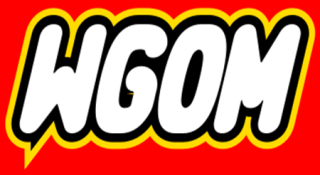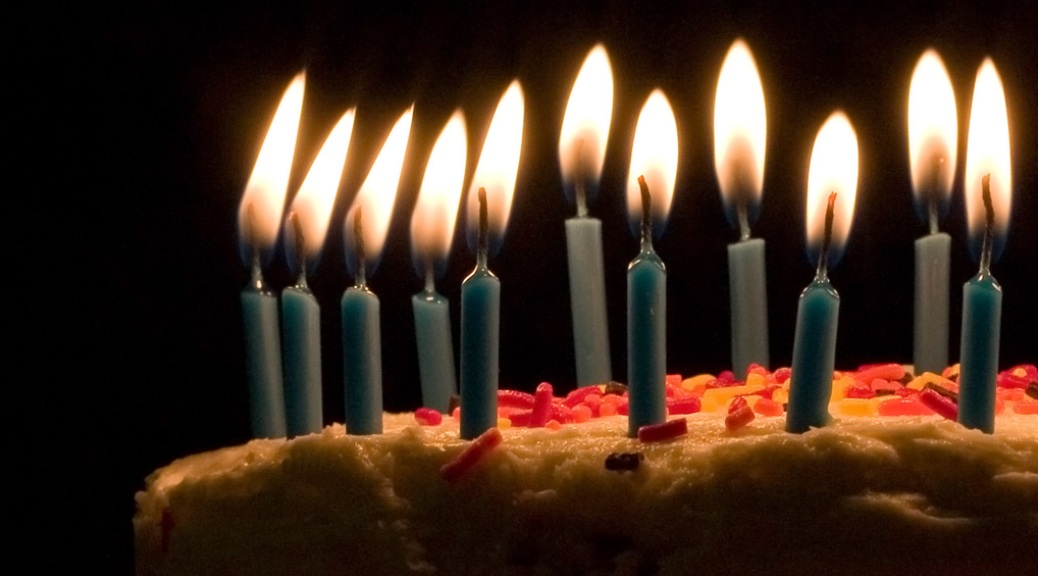Don Osborn (1908)
Jim Gentile (1934)
Steve Dalkowski (1939)
Duane Josephson (1942)
Ron Keller (1943)
Jim Dwyer (1950)
Ed Glynn (1953)
Barry Lyons (1960)
Steve Lyons (1960)
Nelson Liriano (1964)
Carl Everett (1971)
Bryan Rekar (1972)
Jose Molina (1975)
Travis Hafner (1977)
Don Osborn won 201 games in the minors. He later was a minor league manager, pitching coach, and scout.
Some say Steve Dalkowski had the fastest fastball ever. He struck out 1,396 batters in 995 minor league innings. However, he also walked 1,354, which is why he never made the majors.
Right-hander Ronald Lee Keller made nine total appearances with the Twins in 1966 and 1968. He was born in Indianapolis and attended Indiana University. The Twins drafted him in the eighth round in 1965. After a strong year at Class A St. Cloud in 1965, he started 1966 in at Class A Wilson, was promoted after seven starts to AA Charlotte, was promoted after seven appearances (six starts) to AAA Denver, and made eight appearances (seven starts) there. He also made two appearances in Minnesota in July, allowing four runs (three earned) in 5.1 innings. Perhaps all the packing and unpacking got to him, because while he was excellent all along the way in 1966, he never had a good season again. He was in AAA Denver for all of 1967 and most of 1968, making six appearances in the majors in the latter year. He made seven appearances that year, posting an ERA of 2.81 in 16 innings. His totals as a Twin were 0-1, 3.38 with a WHIP of 1.41 in 21.1 innings. He appeared in nine games, making one start. 1968 was Keller’s last season as an active player. One wonders if injuries were his problem, but no information about that was readily available. Ron Keller’s son, Jason, is a successful playwright and screenwriter and his wife, Susan, is an actress and spokesperson, but no information about what Ron Keller himself is doing was readily available.
Outfielder/DH James Edward Dwyer played for the Twins for part of the 1988, 1989, and 1990 seasons. He was born in Evergreen Park, Illinois, went to high school in Oaklawn, Illinois, and attended Southern Illinois University. He was drafted by St. Louis in the eleventh round in 1971. He was always a high-average hitter in the minors, posting an average of over .300 in every year in which he played more than eight games. He first reached the majors in 1973, but bounced back and forth between St. Louis and AAA until he was traded to Montreal in July of 1975. He finished the season with the Expos and did fairly well, but when he started poorly in 1976 he was on the move again, traded to the Mets in July. Most of his time there was spent in the minors and then he was once again traded, this time to the Cubs. Dwyer hit .332 with 18 homers and 12 triples for AAA Wichita for an OPS of 1.041 in 1977. All it got him was a release as soon as the season was over. Now heading into his age 28 season, he signed with St. Louis. Dwyer finally got his first full season in the majors, but it wasn’t all with the Cardinals; he was traded to San Francisco in mid-June. He didn’t get much chance to play with either team, and did not do much with the chances he had. In March of 1979, the Giants sold him to Boston. He was a part-time player for the Red Sox for two years and did fairly well, posting his best major league season up to that time. He became a free agent after the 1980 season and moved to Baltimore, where he finally found a home. He was never a regular, but he was a part-time outfielder for the Orioles for the next seven years, helping the Orioles win a world championship in 1983. He started an eighth year, 1988, with Baltimore, but played little and was traded in late August to the Twins for a player to be named later (Doug Kline). He finished the season with Minnesota, hitting .293 with 2 homers in 41 at-bats. Dwyer was with the Twins most of 1989 and again hit well, posting an average of .316 as a left-handed DH, but was traded back to Montreal in late August for a player to be named later (Alonzo Powell). He was traded back to the Twins that off-season for Jim Davins. Now 40, he got off to a slow start in 1990 and elected to retire in late June. As a Twin, Jim Dwyer hit .289/.387/.380 in 329 at-bats (145 games). He was never a star, and in fact was never a regular; the highest number of at-bats he got in a season was 260. Still, he was a big league ball player for all or part of eighteen seasons, and there are not a lot of people who can say that. Since his playing days ended, Jim Dywer has been a coach and manager in the Twins organization, coaching at Portland (1991), managing at Ft. Wayne (1992) and Kenosha (1993-1994), coaching at New Britain (1995-1996), serving as minor league hitting coordinator (1997-2005), and coaching at Ft. Myers (2006-present).
Infielder Nelson Arturo (Bonilla) Liriano is the second-best Minnesota Twins player ever named “Liriano”. He played for the Twins for about two months of 1990. Liriano was born in Puerto Plata, Dominican Republic and signed with Toronto as a free agent in 1982. He had some decent years in the minors, hitting in the .280s a couple of times, but nothing to really make anyone sit up and take notice. Still, he made it to the majors in late August of 1987 and stayed for over three years. He hit in the .260s for the Blue Jays in 1988 and 1989, achieving more-or-less regular status as a second baseman in 1989. He had slipped back to part-time status in 1990, however, when he was traded to Minnesota with Pedro Munoz for John Candelaria in late July. He was the Twins’ regular second baseman the rest of the way, hitting .254/.332/.357 in 185 at-bats. The Twins released Liriano at the end of spring training in 1991 and he signed with Kansas City. He was in the minors almost the entire season, getting only about two weeks in the majors. Let go after that season, he was in AAA for Cleveland in 1992. He moved on to Colorado for 1993-1994, starting the former season in the minors but getting called up after hitting .358 in 293 at-bats in Colorado Springs. He then got four full seasons in the majors, serving as a part-time player for the Rockies, the Pirates, (1995-1996) and the Dodgers (1997). his highest at-bat total in those years was 259, but he was a solid player in his role. He started 1998 back with the Rockies, but was sent back to AAA after starting 0-for-17. That’s how his major league career ended; Liriano hit .315 with Colorado Springs, but never made it back to the big leagues. His playing career ended after that season. Since then, he has remained in baseball as a minor league coach and manager, mostly in the Royals organization. He has been the batting coach for the Royals entry in the Arizona Summer League since 2015.

